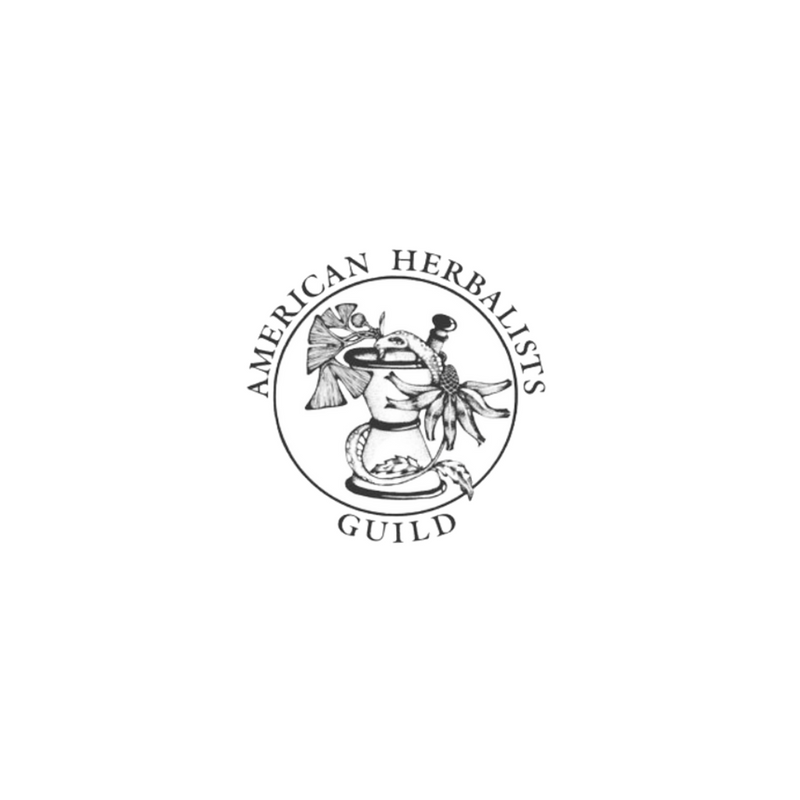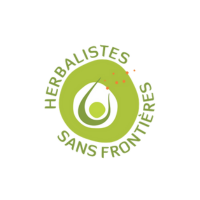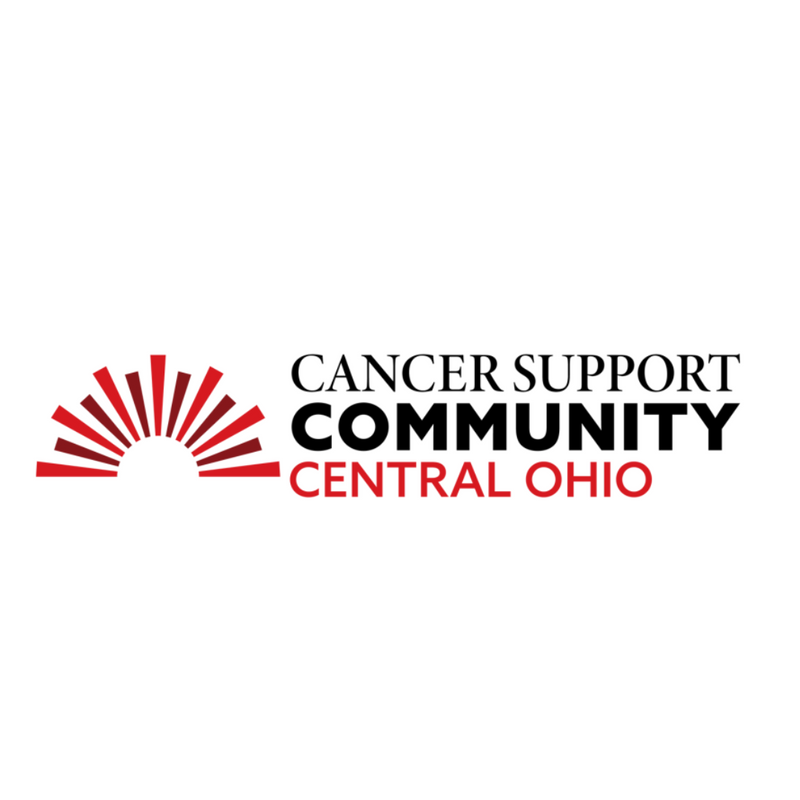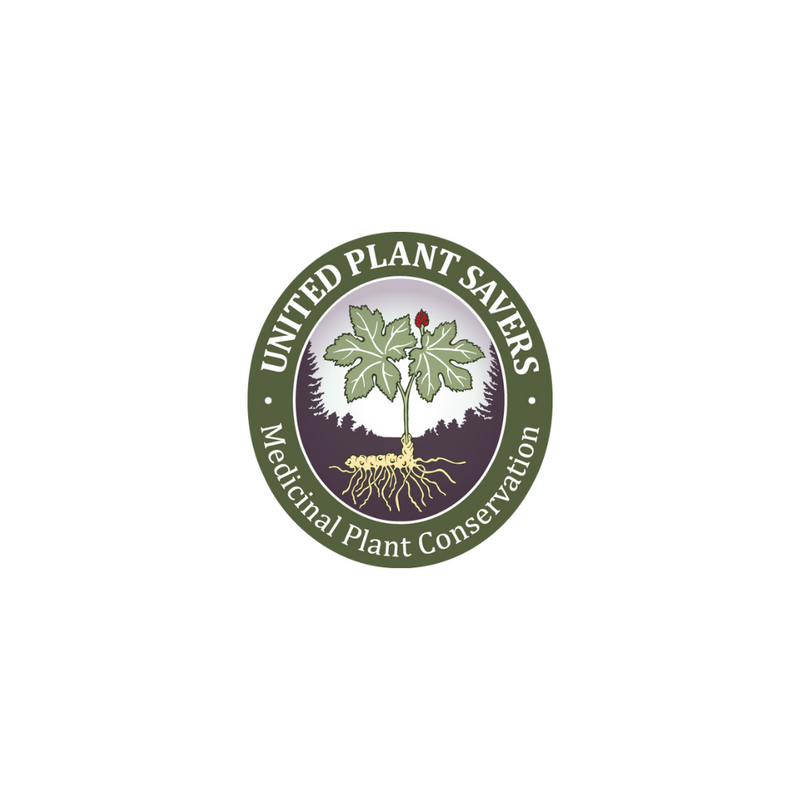Mutual Aid
Haven Herbs don't believe in charity. We believe in solidarity. Charity is so vertical. It goes from the top to the bottom. Solidarity is horizontal. It respects the recipient and the provider.

Haven Herbs has a mission of spreading herbalism and wellness to heal the world and its inhabitants. Our vision is a better world with sustainable practices, social justice, where everyone gets their needs met. As such, we engage in mutual aid activities (doing good in the world for the betterment of all and changing an unjust system).
Notions of charity arise in situations of economic disparity- and there is a lot of economic disparity in the world. There are people who lack the economic resources to provide for the essential conditions of survival- at the same time that there are others with disposable economic assets who can be persuaded to transfer some of those assets to the “less fortunate” (aka “charity”).
How is mutual aid different than charity?
Informal mutual aid has always existed in small communities where everybody knows everybody else. Major life events such as sickness, childbirth, and death have been met by support and assistance from neighbors. In rural communities, gatherings for such things as barn raisings, harvests, and quilting bees provided shared labor and also time for socials (which builds connection and community). With industrialization and urbanization, relationships within communities become more complex and impersonal, giving rise to structured organizations (charities) in lieu of neighborly gatherings.

The US industrial revolution created a situation of industrialists and financiers who amassed great personal wealth (and the tech revolution replicated that happening), often to the detriment of others. Their activities in establishing foundations to dole out portions of this wealth have done much to set the tone for charities and foundations around the world. Several of the richest among them established well-endowed foundations that set much of the ethos of the tradition of American charity. Historically, the names of Carnegie, Rockefeller, and Ford stand out: their well-publicized philanthropy set a pattern followed by the financially comfortable in establishing more modest charitable activities. These large foundations were frequently instrumental in influencing both domestic and foreign public policy, like government domestic “welfare” such as SNAP or TANF or the work of the Bill and Melinda Gates Foundation. This tradition continues today with the likes of Gates, Buffet, Musk, and Bezos. But make no mistake- billionaires would not exist in a just system.
Charity work comes with an assumption of one party being a sort of benevolent over-being, kind enough to bestow a pittance of what they have to the poor. Mutual aid is about recognizing that we all face overlapping struggles, and we need to work together, not for one another and not in a way that implies anything but a relationship of respect and solidarity. The goals are different. Charity is patching a dysfunctional system (while keeping it running), mutual aid is replacing the system with a better more respectful world view and system. But also mutual aid is more broad than charity, it's the idea that people help each other as equals.
Charity, for the most part, is voluntary resource redistribution- and don't get us wrong- resource distribution needs to happen. People who can afford to do so donate money, food, clothing, and basic items to those who have nothing but doesn't do much to affect the underlying conditions that brought those people to where they are. Once those resources burn up, they're gone- and the problem remains.

Mutual aid involves much more leg work. It's boots on the ground, helping people in a multitude of ways, and working to build them and their communities back up from whatever catastrophe (natural or economic) they've endured. There is a lot more of a time investment and the goal is to fix the underlying problems as much as possible. It’s about listening to those affected and doing work alongside them to create equity.
Haven Herbs' values include sustainability, ownership, wisdom, and responsibility. We regularly support, financially and otherwise, causes and organizations that share these values.
In the past, we have helped folks struggling with cancer, groups fighting police violence, community gardens, Herbalists Without Borders, schools, people without clean water to drink in Flint, MI, Hurricane Helene victims, west coast wildfire victims, and indigenous communities fighting encroachment on their land and sovereignty. We are always looking for ways to be of service- let us know if you know of a worthy cause!

Here is a list of ways we engage in mutual aid:
1. Free holistic wellness education each month at Cancer Support Community, Central Ohio for survivors and caregivers.
2. Ask the Herbalist subreddit (questions answered for free) and many questions are turned into a podcast of the same name.
3. Constant assessment of our pricing to ensure it is available to most.
4. A Round Up for Reparations feature in our check out process that allows you to round up for a cause each month. We pass these gifts on to the group doing the great work.
6. Blog posts and videos enabling everyone to learn about the people's medicine for free.
7. A company policy that our dollars get spent to benefit the traditionally disenfranchised/disempowered. We have a policy that looks at who owns the companies we support with our company dollars and the work they do in the world before we put our money there. We prefer to buy from and support POC owned, woman and/or enby owned, queer owned, and worker-owned or member-owned businesses/cooperatives.




